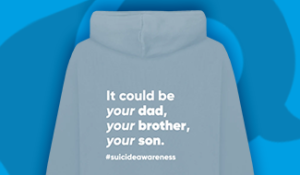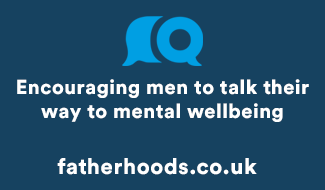A divorce coach provides impartial support and warm encouragement to help you through separation and divorce. This can help you reduce stress, complete the legal process efficiently and start a new chapter of your life with confidence.
Coaches don’t provide legal advice but many divorce coaches have a working understanding of family law.
Divorce coaches have unique and varied skillsets. Some have legal backgrounds; some have experienced divorce themselves and many have particular specialisms including mindfulness, high-conflict, co-parenting, self-esteem and abuse recovery.
Coaches don’t provide legal advice but many divorce coaches have a working understanding of family law.
Clients claim that working with a coach helps them to imagine a greater possibility for themselves and feel supported in achieving it – much easier than doing this alone.
In principle, a coach aims to facilitate your growth and transformation by helping you to draw on your own skills and resources.
How can a divorce coach help me?
Coaching is typically bespoke and adapted to you and your circumstances.
Working with a divorce coach can improve and protect your emotional wellbeing as you move through the grief or change cycle. Some coaches draw on therapeutic skills and clients often say that employing a coach boosts their confidence and lightens the load.
A coach can help you overcome obstacles; take action and be in the right frame of mind as you make important decisions for your family.
Coaching can save or minimise legal costs. Lawyers often comment that they’re pleased to work with clients who have a divorce coach because the client has the necessary clarity and support to make decisions.
Coaching is practical. Your coach may share strategies for improving communication with your former spouse; give you tools to define and implement the healthy boundaries you need to feel safe; or help you with practical ways to reach agreements with your co-parent.
Coaching can help you to manage conflict. Equally, in a high-conflict situation, coaching can be useful for building resilience or reducing anxiety when dealing with a toxic ex.
If you need additional advice, a divorce coach can signpost you to further sources of support including books, courses, websites and more. Divorce coaches often have a trusted network of professionals they can refer you to (for example: mediators, barristers, financial advisors and counsellors).
When should I contact a coach?
For coaching to be of maximum benefit to you and your children, it is advisable to find a coach as soon as possible. I advise parents to ‘think coach before lawyer’.
That said, it’s never too late to start and some people opt to work with different coaches at different stages of their journey.
Finding a divorce coach
Divorce coaching is a rapidly-growing industry: the important thing is to find the right coach for you. Many coaches offer a complimentary call to help you make this decision. Some solicitors provide a list of coaches they have worked with. You can also search on Google or social media, and ask friends and family for recommendations.
What training should I look for in finding a divorce coach?
Some divorce coaches (including me) have had coaching training; many have complementary qualifications, for example NLP, mindfulness or a background in family law. Some simply have their own experience of divorce. It is important to find the right one for you and to that end I suggest contacting a few different coaches to discuss t their approach and to find out what they offer (this could include 1:1 coaching; group coaching or a self-paced online course).
Posted on February 4, 2021














